8 Ways to Control Your Anxiety
Let’s face it – if you have ever felt anxious, you have probably noticed that anxiety feels uncomfortable in our bodies, minds, and our hearts. It can be physically debilitating and frightening and while your body is on overdrive, you can’t think straight. While thoughts may consume you, everything feels like it’s crashing down at any given moment and you can’t stop the chaos.
The truth is that anxiety is a symptom of something greater. Think of it as a warning sign – it is our mind and body sending us a message that something deeper is happening. However, while you’re feeling these fears of the unknown and dealing with an inability to breathe, all you want is for the discomfort to go away.
You don’t need to know the root cause of your anxiety while you’re in the height of it. You need relief. In fact, trying to “figure it out” is actually working against you by increasing your anxiety. Think of it as ‘Anxiety Inception’ – the fear of having anxiety causing the anxiety while you're having anxiety (Whew!)
So instead of trying to think your way through it, here’s a tool or two that can decrease your symptoms first. You can explore the root causes later if needed.
1. Breathe: You’ve probably heard this one a million times – because it’s been scientifically proven to work! There are many different ways to breathe to reduce anxiety. One of my favorites in the simple 1:2 breath. This means your exhale needs to be double the length of your inhale. Sitting tall in a seat or standing up, you can try to inhale for 3 counts and exhale for 6 counts, counting it out mentally.
2. Walk: Movement helps to increase blood flow, decreasing stress. Walking in nature can be even more beneficial: looking at trees, plants and flowers can lower your heart rate.
3. Practice Mindfulness: Think of mindfulness as awareness. Being aware of the present moment, what is happening now? An easy way to do this is to engage your 5 senses: What do I see? What do I smell? What do I feel? What do I taste? What am I hearing? Answering these questions can help you focus on the here and now.
4. Practice Self Care: Schedule times within your day or week to take intentional action to care for your physical, mental, and emotional self. This is your time to be selfish in a good way: get that massage you’ve been putting off, go for that run or take a mid-day nap. Whatever self-care looks like to you, do what makes you happy and what feels good.
5. Talk to someone you trust: Having the support of a trusted friend, loved one, or family member can help you feel safe at the moment. Feeling validated – knowing you are understood without fear of judgment.
6. Take a hot bath: A soothing hot bath raises your body heat, which has been shown to regulate mood and anxiety. For a bigger benefit, stir in Epsom salts, which contain magnesium sulfate proven to calm anxiety and lower blood pressure. You can also add a few drops of lavender oil.
7. Meditate: Meditation can help to quiet an overactive mind. Don’t get caught up in the how – just do. Have a seat in a chair or if you are comfortable on the floor, sit with your legs crossed. Try to commit to 2 minutes a day and as you become more comfortable with the practice you can increase the time. For beginners try to focus on one thing like your breath or counting backward from 100. Thoughts may come and go and that’s ok, do not try to avoid this. Instead, practice refocusing your attention.
Some of my favorite free apps for guided meditations are Calm and Insight Timer.
8. Take a Yoga Class: Yoga practice can help you stay calm and relaxed in daily life and can also give you the strength to face stressors as they come. The practices engage your body through postures and breathing and activate your mind through different forms of meditation and mindfulness.
Some of the more gentle styles of yoga include: Restorative, Yoga Nidra, Hatha Yoga, Iyengar Yoga
The tools above will help you gain more control of your anxiety symptoms. Just to be clear, if you suffer from on-going anxiety, you may want to consider more in-depth treatment, such as therapy. These tips/tools are to help support you but are not long-term cures.
Here’s to living a healthy, happy life.
Michelle
